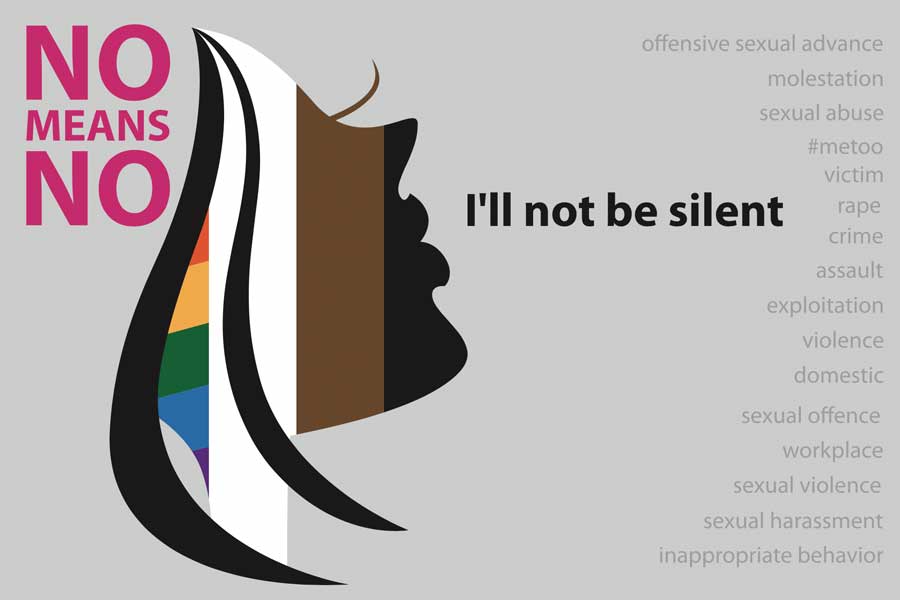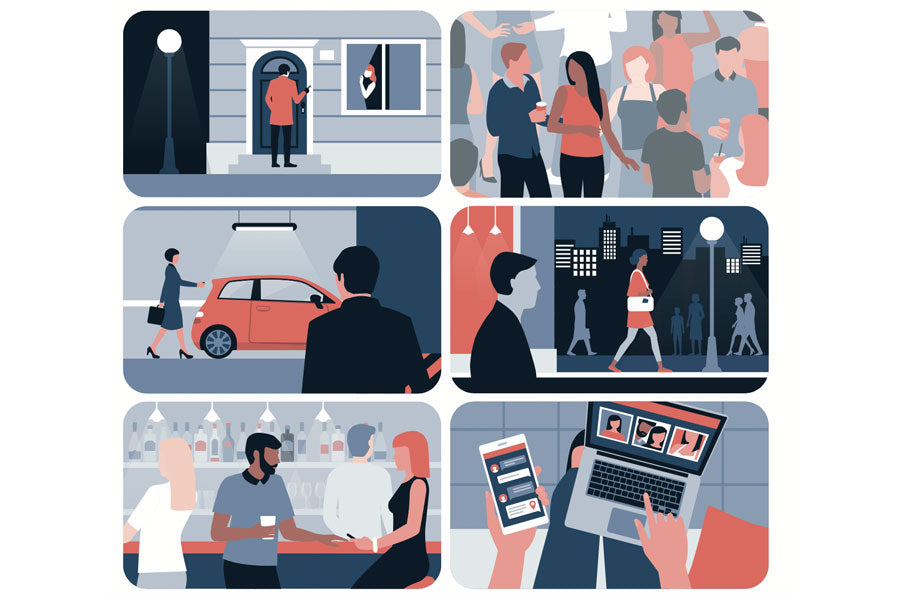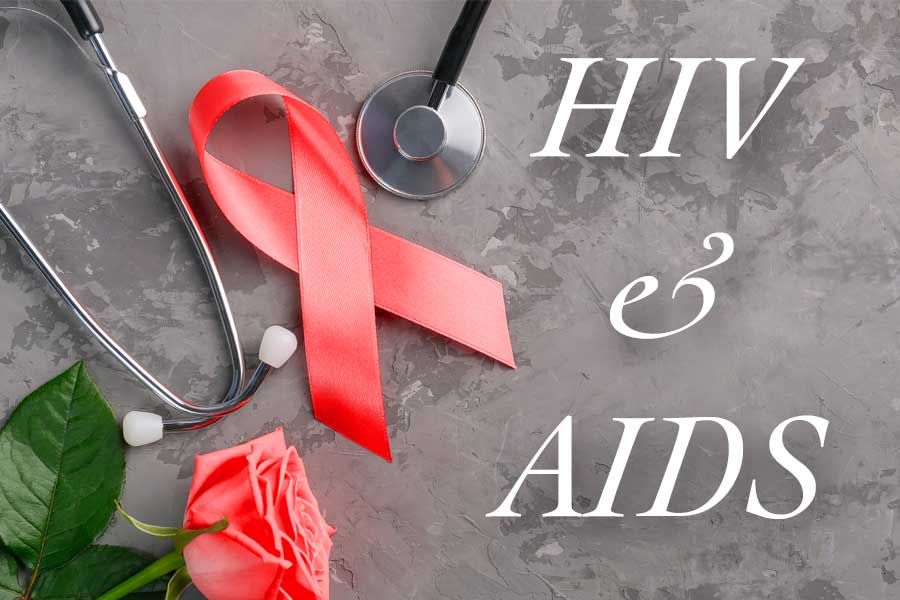Trusted for 25+ Years
Rape Prevention

Dr. Lisa Lawless, CEO of Holistic Wisdom
Clinical Psychotherapist: Relationship & Sexual Health Expert

Stranger Rape
Having been a rape crisis counselor, I am all too familiar with women and men's risks when attacked, raped, or worse. Statistics show that 1 in 4 women will, at some time in their lives, be sexually assaulted. Statistics also state that over 70% of reported rapes are committed by someone the victim knows. However, this article will focus on the other 30% of those sexually assaulted or raped by a stranger.
If you are male and think that you can't be raped, you are wrong. Male rape is more common than you probably think and is most often done by an attacker(s) highly aggressive. It has NOTHING to do with sexual preference. About three percent of American men ( 2.78 million men) have experienced an attempted or completed rape in their lifetime.
There are three types of assailants when it comes to rape as it breaks down into motivation:
- Power 55%
- Anger 40%
- Sadistic 5%
Power Rape Attacks
Rape is not about sexual needs; it is about meeting other emotional needs through sexual behavior. After studying offenders, I can tell you that research shows these offenders find little if any sexual satisfaction in the act of rape. Their reactions often range from disappointment to disgust. When rapists discuss pleasure, they speak of being aggressive and having power over their victim. Sexuality for a rapist means compensating for underlying feelings of inadequacy and serves on a very dysfunctional level to obtain a level of strength, control, authority, identity, and capability.
Anger Rape Attacks
This type of assault is characterized by physical brutality. Far more actual force is used in the offense than would be necessary if the intent were to overpower the victim and achieve penetration or sexual assault. These attackers consider rape the ultimate offense they can commit against another person. These assaults will often leave a victim not just sexually violated but physically battered and bruised due to the level of physical violence associated with anger-based attacks.
Sadistic Rape Attacks
There is a sexual transformation of anger and power for these offenders so that the aggression itself is eroticized. The offender finds the victim's intentional abuse intensely gratifying and takes pleasure in the victim's torment, anguish, distress, helplessness, and suffering. The assault usually involves bondage and torture and frequently has a bizarre or ritualistic quality. Sexual areas of the victim's body become a specific focus of injury or abuse. There may be sexual mutilation of the victim's body or sexual intercourse with their corpse in extreme cases. Most victims of this type of rape are murdered.
Drug & Alcohol-Induced Rape
Intoxication reduces inhibitions, impairs reasoning and judgment, distorts contact with reality, and increases insensitivity to the impact of one's behavior on others. But drugs and alcohol are not what causes an attacker to commit rape. It may be a catalyst and play a contributing role, but it is not a causative one.

Where Do Rapes Happen?
- About four out of ten sexual assaults take place at the victim's own home.
- Two in ten take place in the home of a friend, neighbor, or relative.
- One in ten takes place outside, away from home.
- And about one in 12 take place in a parking garage or area.
- More than half of all rape/sexual assault incidents were reported by victims to have occurred within one mile of their home or at their home.
When Do Rapes Usually Take Place?
- 43% of rapes occur between 6 p.m. and midnight.
- 33% take place between 6 a.m. and 6 p.m.
- 24% occur between midnight and 6 a.m.
What To Do To Try And Prevent An Attack
- Be cautious about your environment. Choose times during the day to be out, and if you must be out at night when most attacks occur, try not to be alone.
- Let people know where you are and when they can expect you.
- Carry a cell phone so that you can contact assistance quickly.
- Look into the latest Rape Prevention Apps
- Lock doors on your car and home even if you are only going away for a little while. Make sure all locks are secure on extension doors.
- Have the locks on all exterior doors re-keyed when you move into a new house or apartment, or when roommates or others with access to your home are no longer welcome.
- Install a peephole viewer in the front door and get into the habit of checking it BEFORE you open the door. EVERY TIME.
- Good lighting is a deterrent to crime. Install adequate exterior lighting at all entrances.
- Don't open your door to strangers. Never let anyone into your house to use the phone, even for an emergency. Offer to make the call for them.
- Request identification from all repairmen and maintenance people.
- Don't advertise that you are home alone. Keep a light on in your home to make someone think that there are awake and alert people in the house at all times. Keep a light on in more than one room to make it appear that you may not be alone. Remember, most rapists and burglars are opportunists.
- Always be alert. If someone harasses you, always head toward lights or people.
- If you think you are being followed, DO NOT GO HOME; head to a police station or crowded place.
- Don't hitchhike.
- It is particularly important to be with people you know and can trust if you are under the influence of drugs or alcohol.
- If you use laundromats or other high-risk areas, plan to go with a neighbor or friend.
- Take special precautions when traveling, as tourists are generally more relaxed about their safety.
- Carry Pepper Spray and don't get the cheap kind that will fail you when you most need it. We recommend police-grade pepper spray by Fox Labs.
What To Do If You Are Being Threatened
If you feel like someone is threatening to harm you sexually, it's essential to act quickly and take steps to protect yourself.
- If you're with the person, try to leave the situation as soon as possible and let others around you know what's happening.
- If the threat is online, block the person from contacting you and take screenshots of any threatening messages or images.
- Once you're safe, document everything you can, including photos, screenshots, and text messages, as evidence.
- Report the incident to social media administrators, the police, or other appropriate authorities, so they can take action to prevent future threats or violence.
- Reach out to your support system, including friends, family, professionals, and online resources, for emotional support and help with the next steps.
- Whether you need to process your feelings or figure out what to do next, having people around you who care about you can make a big difference in your safety and well-being.
What To Do If You Are Being Attacked
- Scream! It may startle your attacker and allow you to run away.
- Kick-off your shoes if you have on shoes that are hard to run in so that you will be able to run faster.
- Don't take time to look back; get away.
If your life is in danger, passive resistance may be your best defense. An example of this is if you are in a place where no one will help or hear you, and you have a knife to your throat. It will be a hard call to make, but it may be the way to go. Use your intuition because it may be better to fight, and ultimately you must decide the best way to get out of this.
- Tell your attacker that you have a disease or are menstruating.
- Vomiting or urinating may also convince the attacker to leave you alone.
Use physical force. Do not let them take you to a second location away from a place where you are more likely to get help. Often once that occurs, you will not have another chance to escape and may lose your life. Hitting, scratching, or biting may allow you to run, so be forceful as this may very well be a fight for your life. Again, there may be times when your life is directly threatened with a knife to your throat, and no one can help you, so use your instincts.
Understand that some actions on your part might lead to more harm. It is always difficult to know if one should cooperate or fight. Again, it is a matter of judgment. If you can, fight, yell, and try and run. If you feel that being passive is the only way to survive, then follow that gut feeling. There is no 100% foolproof way to know what an attacker has in mind, but if you decide to fight, do so hard and unrelenting until you are free. Remember, this can come down to your life, depending on it.
What Should I Do If I've Been Raped?
If you're raped, you should first get to a safe place, away from your attacker. Then it would help if you went to a hospital emergency room to be checked. You can call the police from the hospital. Don't bathe or change your clothes before you go to the hospital. Just get there as fast as you can.
At the hospital, a doctor will need to do a blood test. Women will be checked for pregnancy, and all rape victims are tested for diseases that can be passed through sex. Cultures of the cervix may be sent to a lab to check for disease. The results of these tests will come back in several days or a few weeks. You will also be given the option of a rape kit, which are several ways doctors can get evidence such as semen, pubic hair, samples, and clothing fibers to help track down and convict the rapist.
Also, take advantage of services that include hospital social workers, local rape crisis services, your local public health department, and the state attorney general's office to help you emotionally and legally cope.
Sexual assault is an atrocious crime that is NEVER your fault. You cannot make someone rape you as this is their free will, of which you are a victim.
What Is A Good Resource For Help With More Rape questions?
RAINN.org
What To Do If You Are Triggered
When media depict rape or sexual assault, it can trigger emotional trauma for survivors. As someone who used to work at a Rape Crisis center, I've seen our phones ringing off the hook when such depictions were aired.
With the rise of social media, this has become an even bigger issue, as people post videos, pictures, and comments that can trigger victims of sexual assault and rape all over again.
Survivors may not realize they are being triggered until they feel emotionally uncomfortable. They might try to convince themselves that they can handle it and that they are not at risk of being triggered. However, anxiety can quickly sneak up, leaving them panicked and overwhelmed.
If you're a survivor of sexual assault or rape, it's an excellent idea to talk to a trusted friend, family member, or mental health professional about these feelings. Isolating oneself can make things worse.
There are hotlines and support centers available that can help, and there's no shame in utilizing them. Remember that there is hope, and healing is possible.
Protecting Yourself On Social Media
Here are some practical tips to protect your mental health and safety on social media:
- Limit your exposure to content that may upset you.
- Use privacy settings and limit what you share online.
- Remove geotags from pictures and disable location settings on your phone.
- Block anyone you don't want accessing your information, and only allow people you know to access your accounts.
- Report anyone who causes you distress.
- Connect with positive and caring people who can give you the empathy and support you need.
- Consider using filters and trigger warnings, and parental controls if necessary.
- Remember that you have control over your online experience. Don't be afraid to take breaks or make changes to protect your peace of mind and create a safer environment for yourself.
Let's Explore The Best Way To Prevent Rape & Sexual Assault
In a 2021 study from the University of Kent, researchers delved into a topic that's both crucial and concerning: the mindset of men who have committed sexual assault on college campuses. The study brought to light some startling numbers.
Imagine this: about one in nine male college students confessed to engaging in sexual assault. This statistic alone is quite eye-opening, but it's important to remember that these are self-reported instances, suggesting that the real figures are higher.
To give you a clearer picture, let's talk about a specific group from the study. Among 63 men, they collectively admitted to 251 instances of sexual assault. Not surprisingly, based on historical statistics, each one of them identified as heterosexual. This finding opens up important conversations about understanding and addressing such behaviors in our society.
Understand that this study is more than just numbers. It's an eye-opener about a significant challenge in our learning environments, spaces where safety and respect are supposed to be top priorities. This information serves as a profound alarm, reminding us that there's a lot to unpack and tackle regarding this deeply ingrained issue.
The study unveils a significant link between negative attitudes towards women, harmful masculine norms, and sexual violence. It highlights that men who have admitted to sexual assault often hold troubling views, such as blaming women for assaults if they are under the influence.
Furthermore, there's a disturbing revelation that many of these men harbor fantasies about committing acts of sexual violence and torture. This insight sheds light on the deep-rooted issues in societal attitudes and emphasizes the need for change.
Personality traits identified in the study that align with perpetrators include toxic masculinity, hostility, poor emotional regulation, aggression, and atypical sexual fantasies. Conversely, men without any history of such behavior didn't exhibit these traits, underscoring a clear distinction in mindset and behavior between the two groups.
There's a tangible connection between misogynistic attitudes, the harmful aspects of traditional masculinity, and incidents of sexual violence. This insight points us towards a crucial direction in education – focusing on addressing the behaviors and attitudes of potential perpetrators rather than putting the responsibility on victims.
It's really important to shift our focus when it comes to preventing sexual violence, especially on college campuses. Right now, a surprisingly small portion - just 8% - of prevention programs are directed at boys and men. This needs to change. The key to making a real difference is to concentrate on educating boys and men about not committing sexual assault and rape rather than placing the burden on women to avoid becoming victims.
Additional Resources
See our Sexual Harassment & Stalking as well as Sexual Assault & Rape Resources and Date Rape Drugs & Prevention Guide
Also see Online Dating Scams





